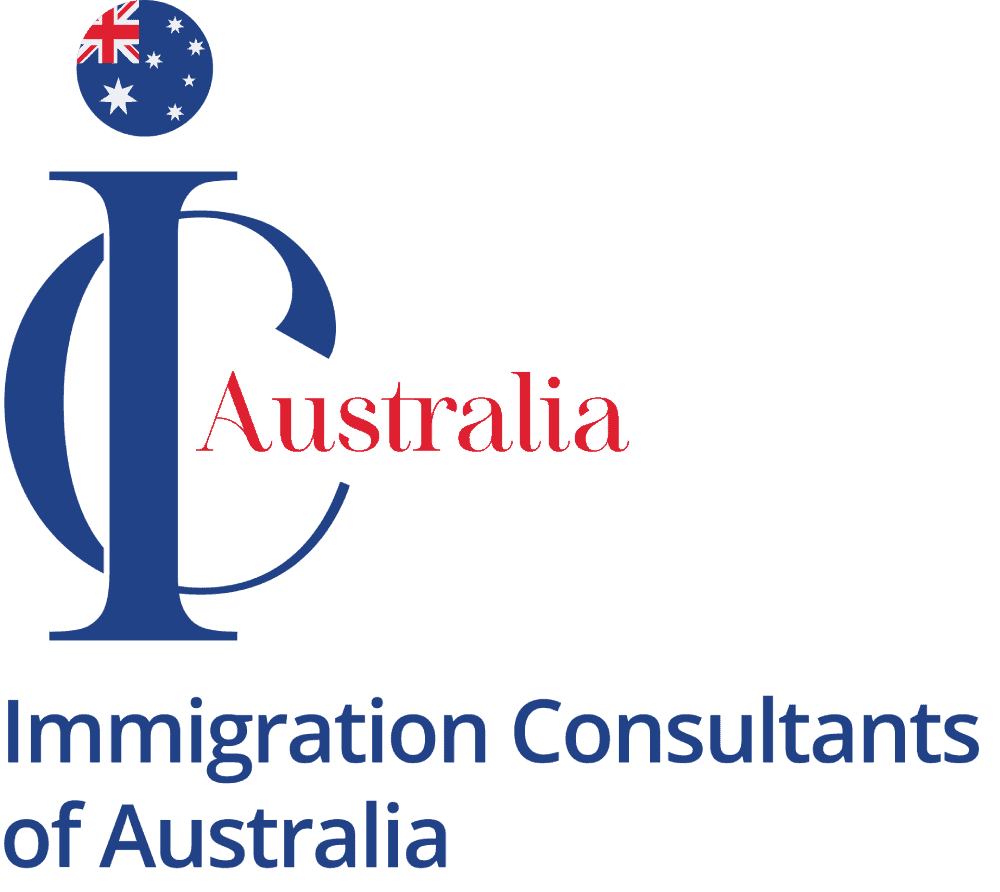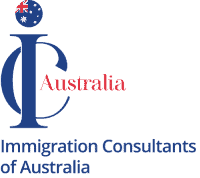As someone who has applied for a visa, the fear of being rejected can be overwhelming. Understanding the signs of visa refusal can help you be better prepared and take the necessary steps to avoid this outcome. Visa refusals occur when an immigration authority denies your visa application for various reasons. It is essential to recognize these signs to save time, money, and effort. By familiarizing yourself with the common reasons for visa rejection, you can take proactive measures to address any potential issues.
Signs that Your Visa May Be Refused
Receiving a visa refusal can be a devastating blow, but there are often signs that indicate your application might not be successful. One of the most apparent signs is when your application undergoes excessive scrutiny or is subjected to multiple requests for additional documentation. This can be an indication that the immigration officer has concerns about your eligibility or the authenticity of the information provided.
Another sign that your visa may be rejected is if you have a history of visa refusals in the past. Immigration authorities may consider your previous refusals as a red flag and question your intentions or credibility. Additionally, if your application lacks essential supporting documents or fails to meet the eligibility requirements, it increases the likelihood of a visa refusal.
Common Reasons for Visa Refusal
Understanding the common reasons for visa rejection can help you address potential issues and increase your chances of a successful application. Some of the primary reasons for visa refusal include:
Insufficient financial proof: If you fail to demonstrate that you have enough funds to support yourself during your stay or if the sources of your income are questionable, your visa may be rejected.
Lack of strong ties to your home country: Immigration authorities want to ensure that you have strong reasons to return to your home country after your visa expires. If you cannot demonstrate strong ties, such as family, property, or employment, your application may be refused.
Inaccurate or incomplete information: Providing incorrect or incomplete information on your visa application can lead to rejection. It is crucial to double-check all the details and ensure their accuracy.
Criminal record or security concerns: If you have a criminal record or are deemed a security threat, your visa application is likely to be denied. It is essential to be forthcoming about any past convictions or security issues.
The Impact of Visa Refusal on Future Visa Applications
Visa refusal can have a significant impact on your future visa applications. When your visa is rejected, it becomes part of your immigration record, which immigration authorities review when evaluating subsequent applications. This can create a negative impression and make it more challenging to obtain a visa in the future.
Furthermore, visa refusal can also affect your travel plans and personal goals. It can cause delays, and financial losses, and even disrupt your career or education plans. Therefore, it is crucial to address the reasons for refusal and seek professional assistance to improve your chances of success in future visa applications.
How IC Australia can Assist with Visa Refusals?
Facing a visa refusal can be disheartening, but you don’t have to navigate this challenging situation alone. IC Australia is here to provide you with the guidance and support you need. Our team of experienced immigration consultants understands the complexities of visa applications and can help you overcome the hurdles that led to your refusal.
Services Offered by IC Australia for Visa Refusals
At IC Australia, we offer various services to assist individuals who have faced visa refusals. Our experienced consultants will review your previous visa application and refusal letter to identify the underlying issues. We will then provide you with tailored advice and guidance on how to address these concerns in your future applications.
Our services include:
Visa refusal analysis: We thoroughly analyze your visa refusal letter to understand the specific reasons for your rejection. This analysis helps us identify the areas that need improvement and enables us to provide you with personalized recommendations.
Document review and preparation: Our consultants will review your supporting documents and help you ensure that they meet the requirements. We will guide you on how to present your case in the best possible way and strengthen your application.
Application strategy: We will work closely with you to develop a comprehensive strategy for your future visa applications. Our team will guide you on how to address the issues raised in your previous refusal and increase your chances of success.
Success Stories: How IC Australia Helped Clients Overcome Visa Refusals
At IC Australia, we take pride in our success stories. Our experienced consultants have helped numerous clients overcome visa refusals and achieve their immigration goals. Here are two examples of how we have assisted clients in the past:
John’s Student Visa: John had previously been refused a student visa due to insufficient financial proof. After seeking our assistance, we helped him gather additional supporting documents and present his case more effectively. As a result, John’s visa application was approved, allowing him to pursue his education in Australia.
Maria’s Skilled Migration Visa: Maria’s skilled migration visa application was rejected due to incomplete information. We guided her through the process of addressing the concerns raised in her refusal letter and helped her prepare a stronger application. Consequently, Maria’s visa was granted, and she was able to start a new chapter of her life in Australia.
Tips for Avoiding Visa Refusals in the Future
While visa refusals can be challenging, there are steps you can take to minimize the chances of rejection in the future. Here are some tips to help you avoid visa refusals:
Thoroughly research visa requirements: Before applying for a visa, familiarize yourself with the eligibility criteria, required documents, and any specific regulations. Understanding the requirements will help you prepare a strong application.
Seek professional advice: Consulting with experienced immigration professionals, such as IC Australia, can significantly increase your chances of a successful visa application. They can provide you with valuable insights, identify potential issues, and guide you through the process.
Double-check your application: Take the time to review your application thoroughly, ensuring that all the information provided is accurate and complete. Any inconsistencies or missing details can lead to a visa refusal.
Provide comprehensive supporting documents: Gather all the necessary supporting documents and ensure they are complete and well-organized. Providing comprehensive evidence of your financial stability, ties to your home country, and other relevant factors will strengthen your application.
Be transparent and honest: It is crucial to be transparent and honest throughout the visa application process. Disclose any relevant information, such as previous refusals or criminal records. Failure to do so can have severe consequences for your future visa applications.
Important Considerations when Reapplying Post Visa Refusal
If your visa application has been refused, it is essential to carefully consider your next steps. Here are some important considerations when reapplying for a visa after refusal:
Address the reasons for refusal: Take the time to understand the specific reasons for your visa refusal and address them accordingly. Seek professional assistance to develop a comprehensive strategy and strengthen your future application.
Provide additional evidence: If your visa was rejected due to insufficient documentation or weak ties to your home country, gather additional evidence to strengthen your case. This could include additional financial records, employment contracts, or affidavits from family and friends.
Follow immigration guidelines: Ensure that you carefully follow the immigration guidelines and instructions provided by the authorities. Pay attention to the required documents, format, and submission deadlines to avoid unnecessary delays or refusals.
Seek professional assistance: Consider seeking professional assistance from immigration consultants, such as IC Australia. They have the expertise and experience to guide you through the reapplication process and increase your chances of success.
Conclusion: Navigating Visa Refusals with Confidence and Support
Facing a visa refusal can be a daunting experience, but with the right knowledge, support, and assistance, you can overcome this hurdle. By understanding the signs of visa rejection and addressing the common reasons for refusal, you can improve your chances of a successful visa application. IC Australia is here to provide you with the guidance and services you need to navigate visa refusals with confidence. Contact IC Australia for a consultation today and take the first step towards achieving your immigration goals.
Contact IC Australia for a Consultation Today


